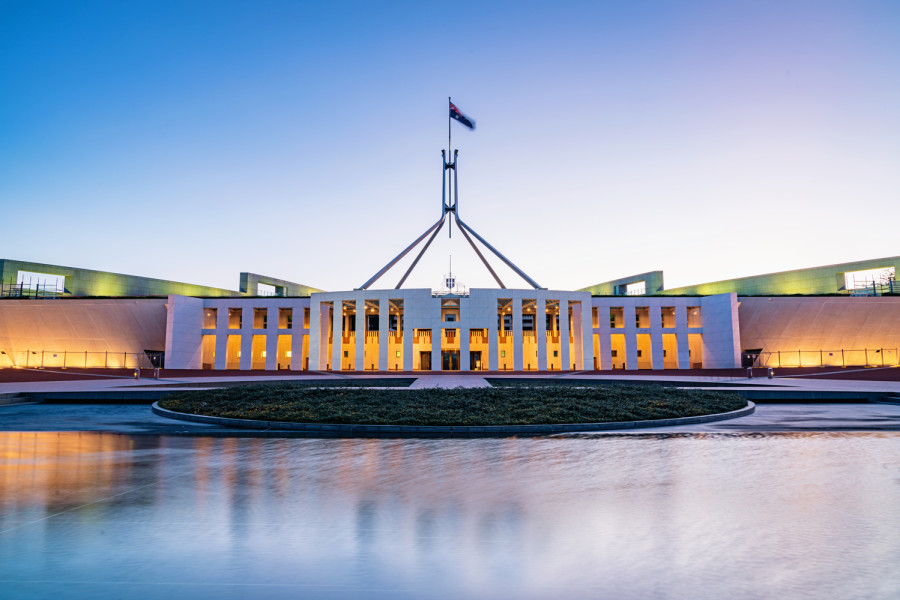As the economy struggles to deal with high inflation and fears of recession, discussions about wage growth, bargaining and Australia's enterprise agreement framework have returned to the headlines.
Collective bargaining is a cornerstone of the Australian industrial relations system, yet there is consensus among interested parties that the system isn't working the way it ought to, though opinions differ on why and to what degree.
Nonetheless, the Federal Government's data on enterprise agreements paints a clear picture of the steady decline of approvals of new enterprise agreements and of the number of current enterprise agreements - that is, those within the nominal term that have not been terminated.
The graphs below show a 10-year retrospective from the June 2022 quarter (released at the end of September this year)1. Interestingly, the downtrend is more pronounced in the private sector.


Discussions about enterprise bargaining reignited in the lead up to and at the Federal Government's Jobs and Skills Summit in September 2022. Discussions were further fuelled by the Australian Council of Trade Unions' (ACTU) and the Business Council of Australia's (BCA) release of an 'in principle' agreement that committed to maintaining but simplifying the Better Off Overall Test (BOOT) - the test the Fair Work Commission (FWC) must apply in deciding whether to approve an enterprise agreement negotiated between the parties.
Under the Fair Work Act 2009 (Cth) (Act), in order to approve an agreement, the FWC must be satisfied that the employees to whom the proposed agreement would apply would be better off overall than under any underlying modern award. Over time, satisfying this requirement has been a labour intensive, technical process often involving line-by-line analysis of clauses, and financial analysis of actual and hypothetical work scenarios.
At the Jobs and Skills Summit, Minister for Employment and Workplace Relations, Tony Burke, said that the Federal Government was ready to take immediate action to remove unnecessary complexity for workers and employers. However, the Government has also indicated its preference to reach consensus-based reforms, with consultation therefore expected to continue. Consequently, precisely how the simplification will occur remains up in the air.
It remains to be seen how any proposed reforms will differ from those proposed by the former Coalition government in its IR Omnibus Bill (the Fair Work Amendment (Supporting Australia's Jobs and Economic Recovery) Bill 2020), which was introduced in late December 2020, but was all but abandoned save for reforms relating to casual employment.
Lander & Rogers' Workplace Relations & Safety team will be keeping a close watch on the industrial relations reform Bill due to be introduced into the Parliament in late October 2022, which will reportedly (among other things) provide for multi-employer bargaining.
Our workplace relations and safety experts have also examined 'zombie agreements' and the impact for employers.
Photo by Mlenny on iStock.
1 Department of Employment and Workplace Relations, Workplace Agreements Database, 'Historical Trends data - approved by quarter', 30 September 2022, and 'Historical Trends data - current by quarter', 30 September 2022
All information on this site is of a general nature only and is not intended to be relied upon as, nor to be a substitute for, specific legal professional advice. No responsibility for the loss occasioned to any person acting on or refraining from action as a result of any material published can be accepted. Lander & Rogers is furthermore committed to providing legal advice and content that is factual, true, practical and understandable. Learn more about our editorial policy.
 Client portal
Client portal












